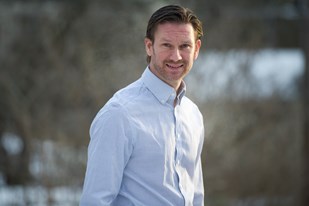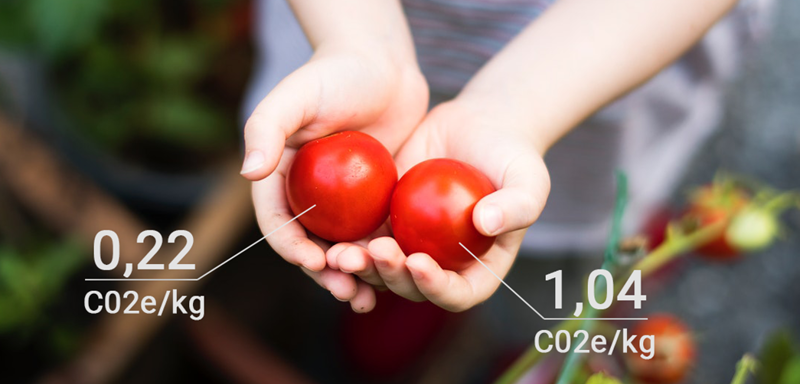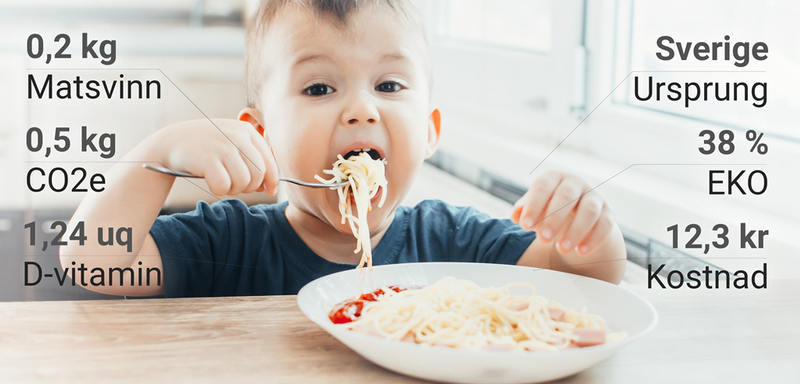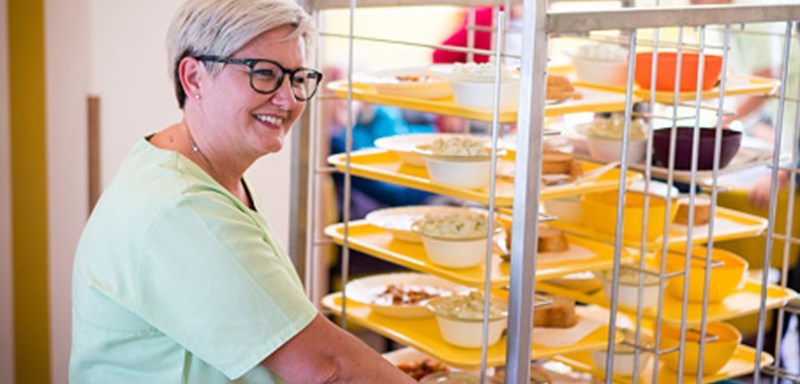The public sector meal affects Agenda 2030
Over three million public sector meals are served in Sweden every day. At the same time, the food waste for these meals is estimated to cost over SEK 360 million each year - a problem that is costly for both budgets and the environment in general.

In order for Sweden to become a sustainable food society, efforts are required within the public sector. Especially for schools, hospitals and nursing homes. Unfortunately, not all municipalities and companies take advantage of the opportunities that digital tools offer to reduce food waste and climate impact, to bring Sweden closer to the goals of Agenda 2030.
Erik Bergseth is CEO of Matilda Foodtech, a company that offers the tool that is needed.
What are the biggest challenges facing the public sector meal?
“We can see a clear trend. More and more people are placing ever higher demands on nutritious and individually adapted food. These requirements become tougher every year, as those of us who are going to eat the food are becoming more and more careful and cautious about what we eat. The demands for tasty, high-quality and nutritious meals in elderly care and schools are increasing. Society places ever higher demands on climate impact and sustainability, while the price of food
is going up at the same time. It is a difficult balancing act for municipalities and regions that have a tight budget to follow.”

What should Sweden's municipalities do to achieve the goals of Agenda 2030?
“All actors must set clear goals for reduced food waste and with organic products that have low climate impact. By being able to clearly see the carbon emissions for each food item, it is easy to reduce the climate impact of meals with the help of smart food choices.”
How can your service facilitate the work?
“We help meal organisations achieve their sustainability goals. The work can be divided into two parts: Firstly, through a menu planning system that helps the parties plan menus, calculate raw materials and prepare the food in a nutritious and efficient manner. We also offer tools for food procurement and monitoring. It helps customers obtain an overview of important key figures such as cost trends, climate impact, the proportion of organic food and the proportion of locally grown food. In addition, they have the opportunity to compare how they fare against the average in Sweden. Among other things, we can see that municipalities in Sweden shop 32% organically, have had an average price increase of 5% compared to 2018 and that they have an average of 4.8% lower climate impact per kilo of food.
Erik is clear. Those in power and politicians are very interested but do not really understand how to respond to the problem. Therefore, it is important to highlight the services, and the municipalities that are doing a good job today.
“The tools are available. It is important to give the actors the right tools to manage the processes. If the politicians gain insight into the issue, there is much to be gained. Therefore, we have decided to push the issue forward”, he concludes.

Sustainability
Climate-smart food is not more expensive
From the Swedish Food Agency's survey “Hur ser beslutsfattare på den offentliga måltiden?” (How do decision-makers view the public sector...

Foodtech
Food and data go hand in hand
Food is vital to humanity, but food is also data. Society places increasingly high demands on what we eat, how the food ends up on the pl...

Meal planning
The public sector meal stands out in times of crisis
Right now, Sweden and the rest of the world are in the middle of dealing with Covid-19. In times like these, it is even more important th...